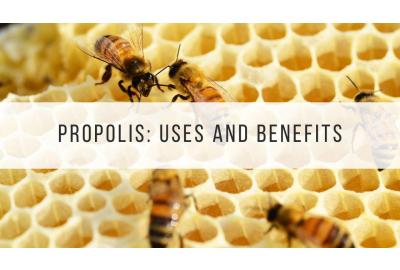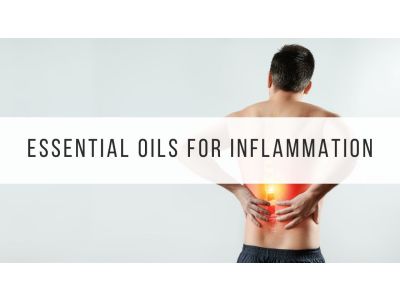Increasingly referred to as ‘nature’s antibiotic’, propolis is a popular ingredient in topical and oral health care products, as well as natural cold and flu remedies.
What is Propolis?
Sometimes known as ‘bee glue’, propolis is a sticky, resinous substance that bees produce. It’s a combination of sugary sap from evergreens (e.g. pine tree sap), pollen and beeswax. It’s collected on the bees’ hind legs, like pollen. Bees use this substance as a protective coating for their hives, allowing them to seal holes and cracks, and smooth the inner surface of the beehive and therefore retain the hive’s internal temperature.
The word propolis derives from Greek, roughly meaning ‘defence for the city’.
Propolis is rich in flavonoids – a class of antioxidants – as well as containing important vitamins and minerals, such as vitamins B1, B2, B6, C and E, magnesium, calcium, potassium, sodium, copper, zinc, manganese, and iron.
Propolis’ Uses and Benefits
Believed to have antibacterial, antiviral, antiseptic, antifungal, anti-inflammatory and antioxidative properties, propolis has been traditionally used for a wide range of topical and internal ailments. These include: acne; gastrointestinal disorders; gynaecological disorders, such as bacterial vaginosis and vulvovaginal candidiasis; oral health problems, such as gingivitis and ulcers; bacterial infections; burns and wound healing; and colds and flu.
Propolis’ traditional use as an antiviral means it can be found in nasal sprays and throat lozenges to help soothe the symptoms of colds and flu, while its antibacterial and antiseptic qualities lend itself to oral healthcare products such as toothpastes and mouthwashes. Toothpastes and mouthwashes containing propolis are used to help reduce growth of bacterial plaque, and propolis mouthwashes have also shown effectiveness in helping to heal surgical wounds.
Propolis is particularly well known in dermatological care. Widely used in creams, balms and ointments, its use in skincare products is based on its purported anti-inflammatory and antimicrobial properties. Propolis has been shown to aid in the healing of wounds by decreasing free radical activity in the wound beds. Propolis’ flavonoids, phenolic compounds and enzymes create a favourable condition for wound-healing, offering antibacterial and antifungal properties. It is also believed to be effective in the treatment of acne vulgaris.
Another interesting aspect of propolis is its effect on collagen metabolism. It is believed to increase the amount of both type I and type III collagens in tissues, further increasing its wound-healing properties.
Why We Use Propolis in our Bee Balm
We use propolis in our Bee Balm formula due to its longstanding traditional use as an antibacterial and antifungal agent for minor skin conditions. One of our most popular skincare products, our Bee Balm is used for a wide range of topical issues, including dry and cracked skin, grazes and scratches, burns, rashes and scar tissue. It’s also particularly popular with mothers concerned with nappy rash and cradle cap, as well as pre- and postnatal stretch marks.






